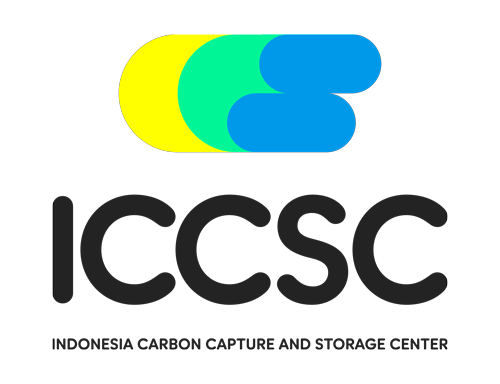Indonesia and climate change
With growing energy demand, and our current dependence on fossil fuel-based power, Indonesia’s per capita CO2 emissions have been climbing up the ranks as one of the highest in the world. Our current level of emissions put us as one of the most vulnerable countries to climate risk, with high exposure to floodings and extreme temperatures. Climate change is also threatening our food security, endangering our fisheries and agricultural production (ADB, 2021).

Global emission targets
The IPCC has set a global 1.5 degree Celsius target, aiming to limit warming to said level by 2100 to prevent further climate crises in all parts of the planet, most notably in small island countries prone to be exposed to permanent flooding by sea level rise. In line with this ambitious target, Indonesia has made a significant commitment during COP26. We have pledged to achieve Net Zero Emissions by the year 2060, with a clear plan to peak our national greenhouse gas emissions by 2030. This commitment reflects our dedication to a sustainable and climate-resilient future for our nation and the world.

The Role of CCS
Carbon Capture and Storage (CCS) is a key player in our nation’s energy transformation. While we’re putting a significant focus on new and renewable energy sources, improving energy efficiency, and promoting electrification to reduce emissions, CCS remains a vital component of our strategy. It helps us shift away from our fossil fuel-intensive industries and move toward low-carbon alternatives. Additionally, CCS plays a crucial role in decarbonizing hard-to-abate sectors, such as the chemical industry. It’s an important piece of the puzzle as we work towards a greener and more sustainable future.
The Indonesia CCS Center strives to facilitate the country’s Carbon Capture and Storage (CCS) development through comprehensive studies in finance, technology, and regulations, while also fostering collaboration among CCS stakeholders and enhancing public awareness of CCS industry activities.

